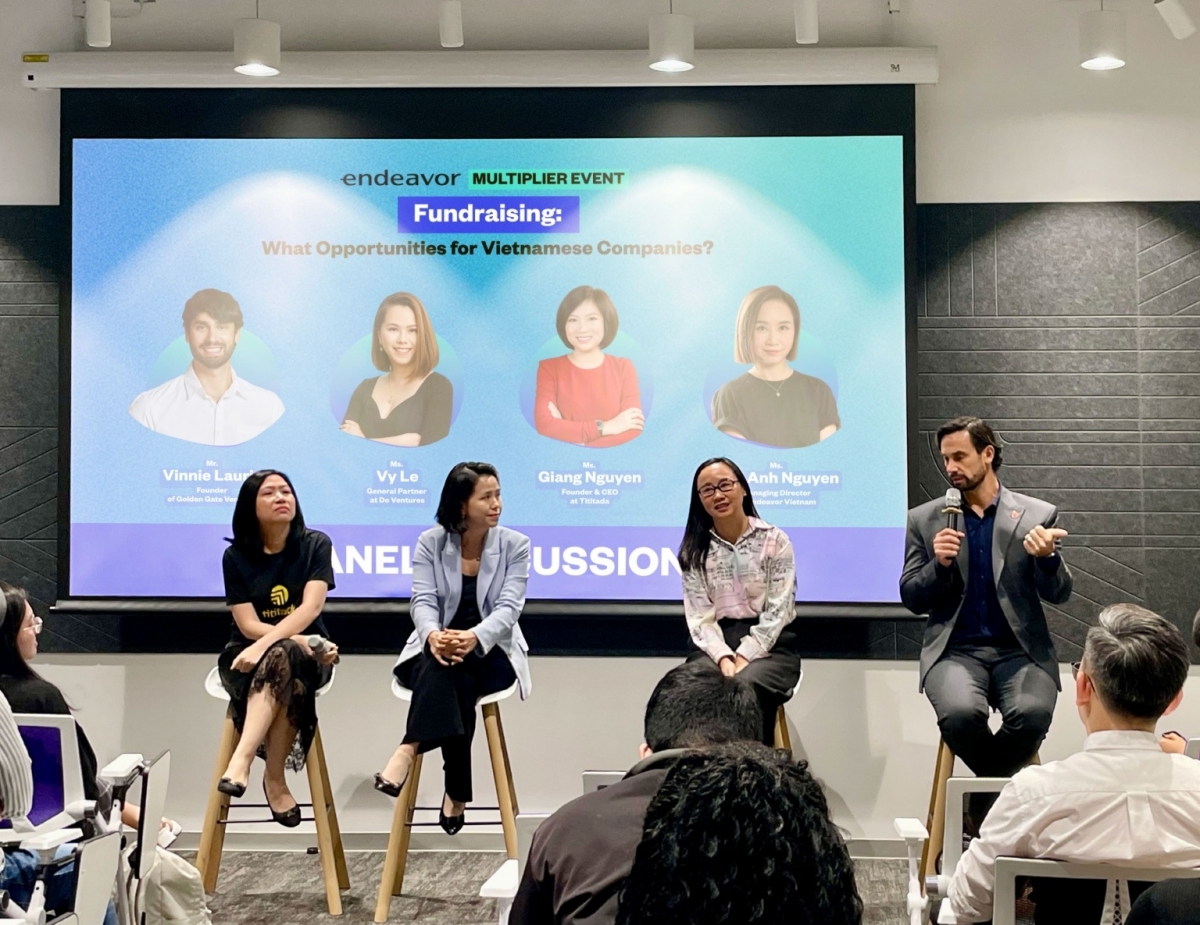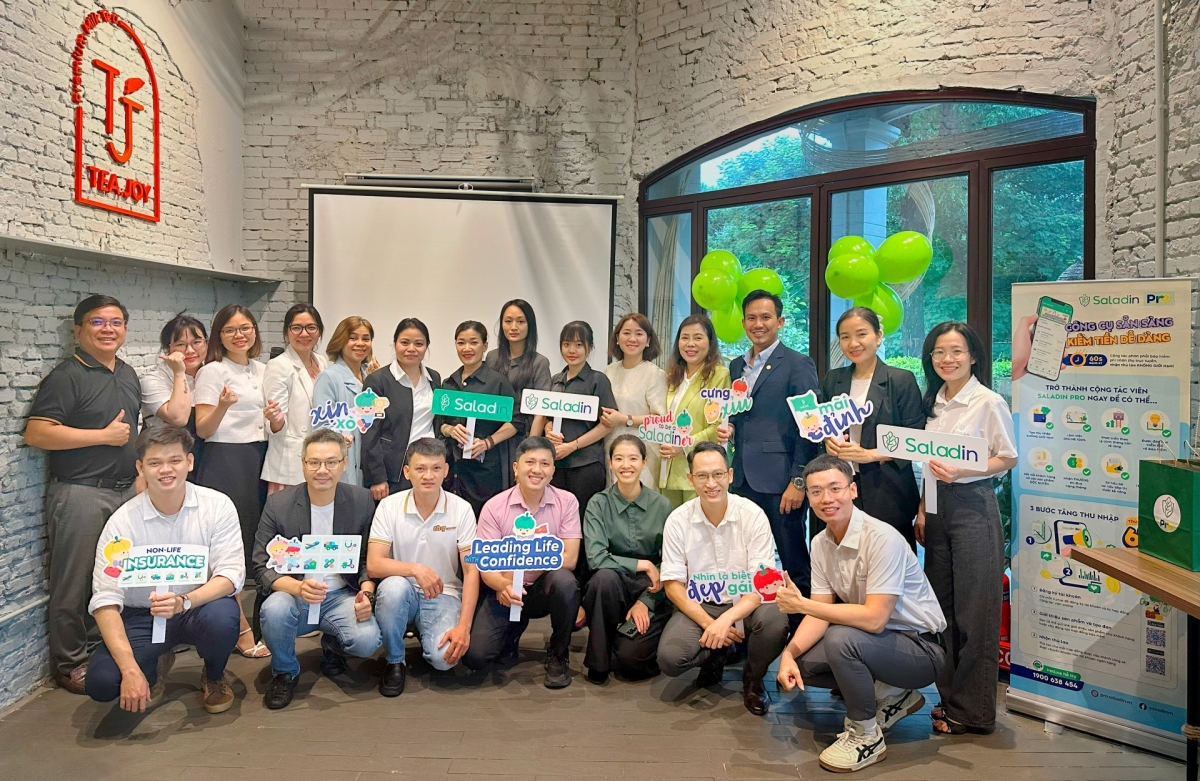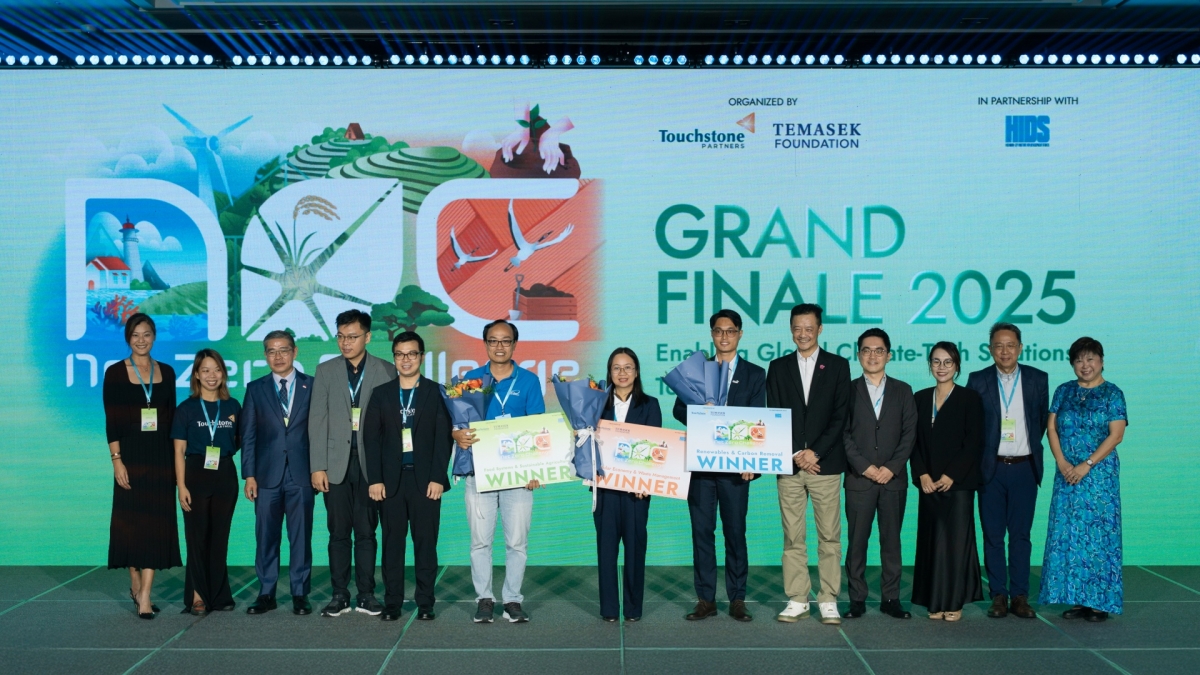INTERNATIONAL INVESTMENT
AND PORTAL
As an innovation and startup hub in the region, Singapore continues to attract and nurture startups from Southeast Asia, with many startups managing to scale successfully out of Singapore. Edwin Chow, Assistant CEO of Innovation and Enterprise at Enterprise Singapore, talked to VIR’s Minh Anh about the key factors to success for startups and how they can thrive in a global arena.
 Edwin Chow, assistant CEO of Innovation and Enterprise at Enterprise Singapore
Edwin Chow, assistant CEO of Innovation and Enterprise at Enterprise Singapore
The common denominator will be, first and foremost, entrepreneurial talent. Whether you’re a startup or an ecosystem player, you need to have a dense number of founders who are prepared to take risks, can identify the market opportunity, and can develop an innovative solution. And so, talent is the number one component.
Number two, of course, is funding – whether it’s insurance, angel rounds, venture capitalists, or family and friends rallying around a startup idea. These budding conceptions need people who are prepared to back the startup early on.
And the third critical element is a concentrated network of companies and potential customers. This allows startups to quickly test whether the solution meets the market needs or not. If the market has a need for them, they can scale up. If it does not, then they better try something else. How quickly they can achieve a product market fit is critical. To us, these three aspects are equally important if you want to have a successful company and run a successful startup ecosystem.
We have witnessed hundreds of successful startups from Singapore over past years. But what lessons can be learned from ideas that do not work out?Many startups fail the first time or end up on the cusp of failure before pivoting towards success. I know of a company that had initially started to provide services targeting the Singapore hospitality market but this didn’t take off as the pandemic hit. Its co-founders pivoted by applying the software solution to the casual driver market in Indonesia. Instead of giving up, they tried one last time and figured it out.
We also see many similar examples of failures in other countries. There are stories about how a failure in one country can actually become successful elsewhere if given enough support, and if the founders have enough entrepreneurial drive.
I believe that in our startup ecosystem, if we partner with similar ecosystems in Southeast Asia, there is a great opportunity for our companies or young entrepreneurial founders to really grow and make an impact.
How do partnerships between startups in Vietnam and Singapore usually occur?In an example, in the healthcare industry when companies go to market, the first thing they want to do is to find a partner. We have programmes such as our Global Innovation Alliance to help our companies find those partners. If they then take the business forward, and they can carry out further collaboration. We also prepare to support them in the journey.
Nervotec is a Singaporean health startup that has developed a mobile application that can detect a user’s vital signs – like blood pressure and oxygen saturation – purely from the way light reflects off their face.
The company partnered with Vietnam-based Med247, a telemedicine startup that has raised $4.5 million in Series A funding. They’re now working together to co-innovate and scale their solution here.
What we offer to Southeast Asia and the world is some of the better universities and ecosystems. Working together with Southeast Asian founders and partners early on helps people identify market needs and quickly scale up to the rest of the world. It can be a win-win scenario for all of us.
Which industries are attracting startups and what does Singapore gain in return when supporting one?We are seeing rapid growth and transformation in sectors like advanced manufacturing, transport, e-commerce, agritech, and in sustainability.
We hope to attract more specialised venture capital investors, people who can lead rounds in our early stage tech rounds. This also includes corporate venture capitalists or family offices of ASEAN conglomerates. In particular, we welcome investors who have a track record investing in biotechnology, medical devices, semiconductors, and sustainability solutions in AI.
Ultimately, we prioritise economic growth and creating good jobs for Singaporeans. When we have a thriving startup ecosystem and our startups succeed, the rest of our economy benefits as well.
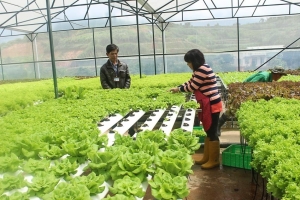 Challenging road ahead for agriculture startups
Challenging road ahead for agriculture startups
Vietnam’s innovation startup ecosystem is forecast to see an investment of $2 billion, according to the Vietnam Open Innovation Ecosystem Report 2022, and aspiring startups are making great strides to bring distinct products from their homeland to supermarket shelves at home and abroad.
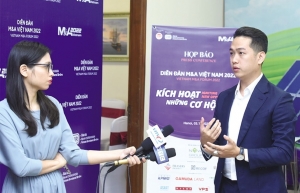 Preparing for the next tech funding wave
Preparing for the next tech funding wave
Without knowing when the fundraising winter will end, Trinh Ngoc Duc, chairman of D.lion Holdings, told VIR’s Vu Anh why there could be a change of weather in 2023, and how startups could be more prepared in terms of legal, financial, and human resources.
By Minh Anh


